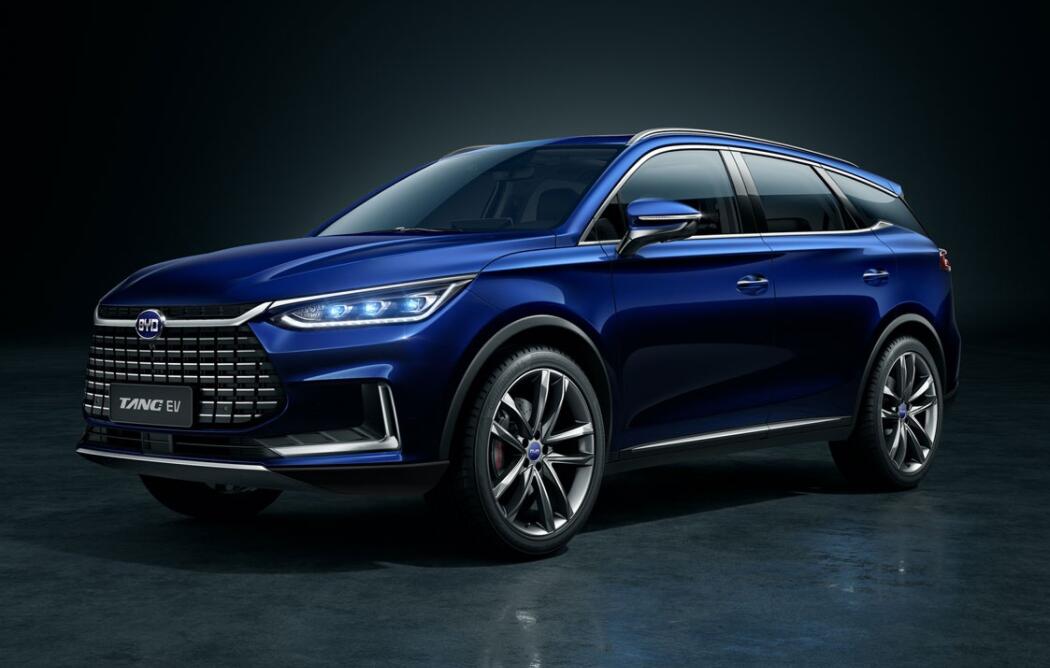Chinese automaker BYD announced data on Thursday showing that its new energy vehicle sales in February were 10,355 units, down 48.68 percent from 20,178 units in January amid large fluctuations in deliveries due to the Chinese New Year.
The company sold 10,123 units of new energy passenger cars in February, including 7,835 units of pure electric vehicles and 2,288 units of plug-in hybrid vehicles.
This compares to 19,871 new energy passenger vehicles sold in January including 14,463 pure electric vehicles and 5,408 plug-in hybrids.
BYD's cumulative new energy vehicle sales from January to February were 30,533 units, up 207.30 percent year-on-year.
It sold 22,298 pure electric vehicles from January to February, up 190.45% year-on-year, and 7,696 plug-in hybrids, up 269.64% year-on-year.
BYD's total installed capacity of new energy vehicle power batteries and energy storage batteries in February was approximately 1.354 GWh.
Fuel vehicle sales in February were 10,572 units, less than one-third of January, with 2,936 sedans and 6,169 SUVs sold.
BYD sold a total of 63,328 electric and fuel vehicles from January to February, up 106.45% year-on-year.
It's worth noting that the Chinese auto market is traditionally slow from January to February, and that the Chinese New Year holiday during that period can make deliveries fluctuate.
Last year, the Chinese New Year holiday was from February 24 to February 31, and this year it was from February 11 to February 17.
The fluctuations caused by the holiday was also shown in other Chinese EV makers's deliveries.
Nio delivered 5,578 vehicles in February, down 22.8 percent from January.
Xpeng Motors delivered 2,223 cars in February, down 63 percent from January.
Li Auto delivered 2,300 units of the Li ONE, its only model, in February, down 57 percent from January.




